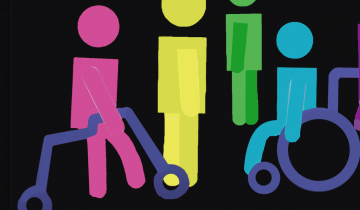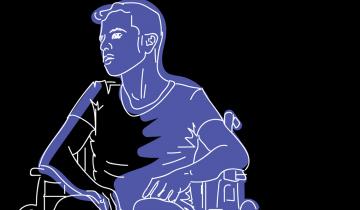A year ago, I wrote in my Forbes column about the decades-long pattern of Pride Month celebrations excluding people with disabilities. The underlying reason why Pride events were (and still are) mostly inaccessible for people with disabilities, both in terms of physical spaces and social acceptance, is that mainstream media and public don’t see them having identities outside of their disabilities.


